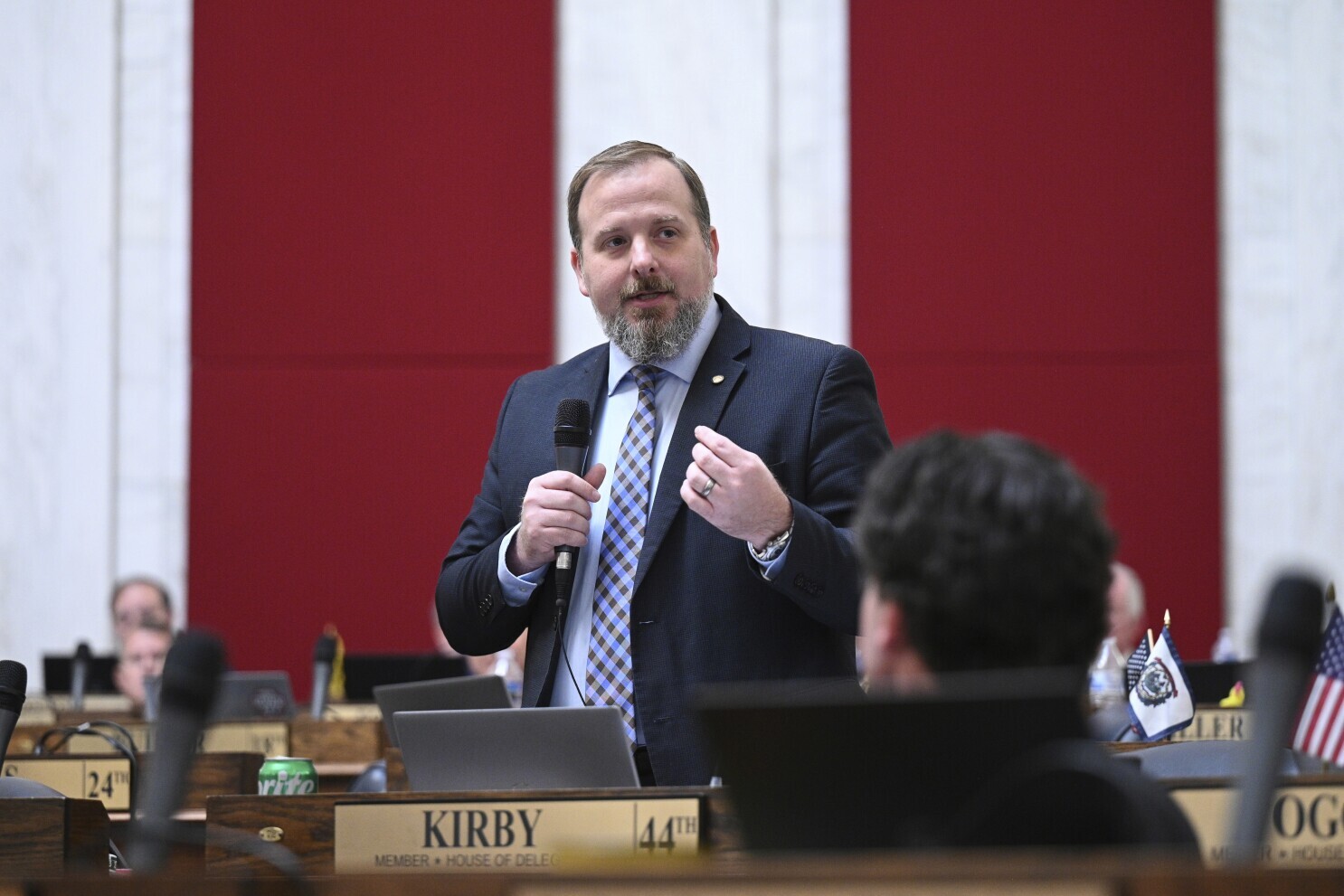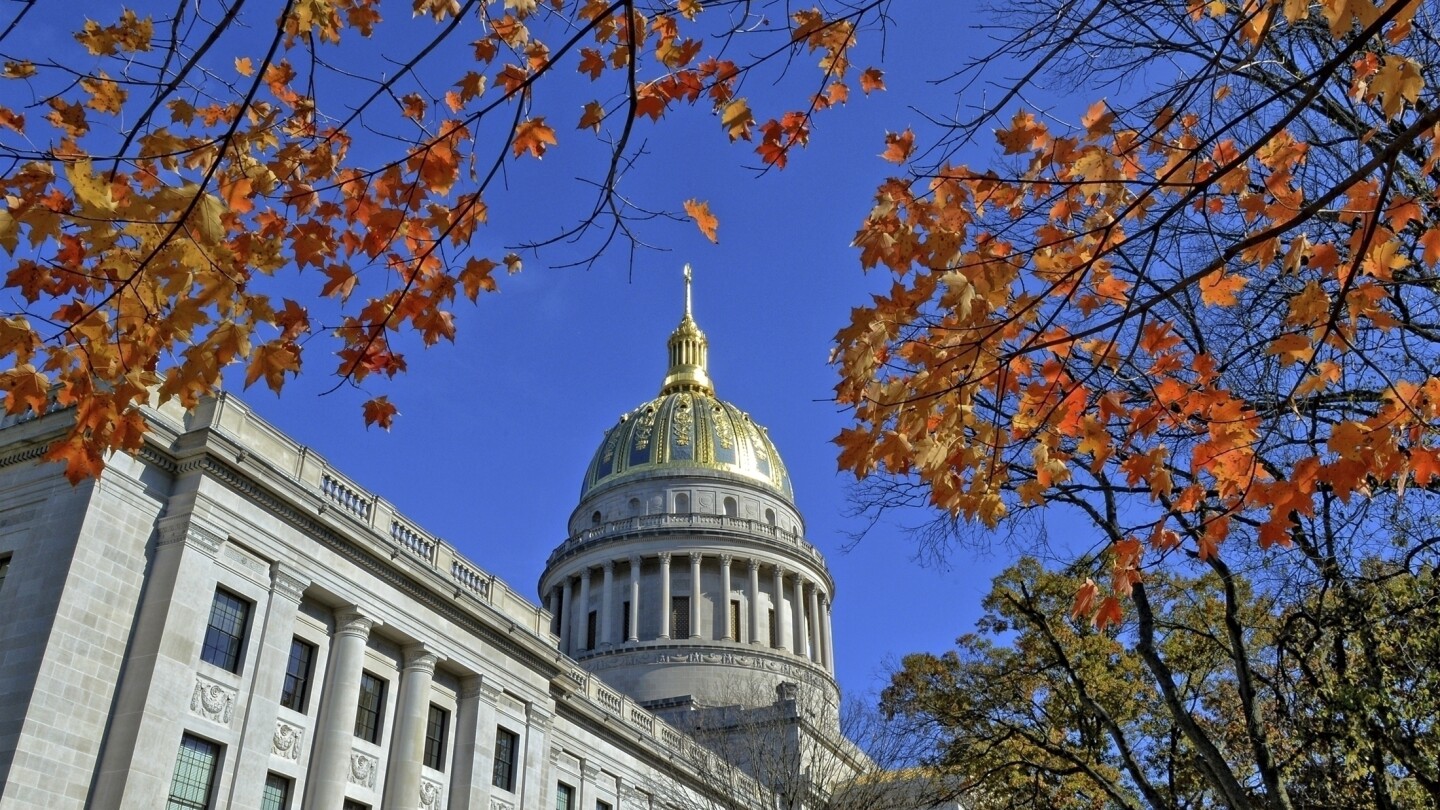The GOP-controlled state Legislature of West Virginia made a controversial decision on Saturday, passing a bill that grants certain students not enrolled in traditional public schools exemptions from the state’s strict vaccination requirements. This move, long considered significant due to the state’s stringent vaccination regulations, sparked both support and criticism.
Despite objections from Republican Senate Health and Human Resources Chair Mike Maroney, who is also a trained doctor, the bill was pushed through. Maroney, expressing his deep reservations, labeled the bill as “an embarrassment” and voiced concerns about the potential harm to the state.
He emphasized his commitment to the Hippocratic Oath, stating, “There’s zero chance I can vote for this bill.” Nevertheless, the Senate passed the bill with an 18-12 vote, following the House’s prior approval in February.

West Virginia Passes Bill Granting Vaccine Exemptions for Some Students Amid Controversy (Credits: AP News)
West Virginia has historically upheld stringent vaccination regulations, alongside California, being one of only two states without nonmedical exemptions for school entry. However, a recent shift occurred in Mississippi, where religious beliefs are now accepted as grounds for vaccination exemptions, following a legal ruling last July.
The newly proposed law in West Virginia, awaiting Governor Jim Justice’s signature, allows virtual public school students to claim exemptions while private and parochial schools gain autonomy in setting their vaccination policies. Notably, students participating in competitive school activities, such as sports, must still adhere to vaccination requirements.
Furthermore, the bill shields private schools from legal repercussions for their vaccination policies as long as they provide annual notices to parents outlining their stance. While Maroney personally advised against the bill’s passage, it was advocated for by the health committee.
Originally intended to eliminate vaccination mandates for students in public virtual schools, the bill was expanded in the House to encompass private school vaccination standards. Additionally, a religious exemption clause was removed during the Senate’s deliberation process.
Supporters of the bill argue that the current compulsory vaccination policy in West Virginia undermines informed consent and cite a growing number of parents opposing vaccination. Dr. Alvin Moss from West Virginia University School of Medicine underscored the need for ethical considerations in vaccination policies, mentioning a significant increase in anti-vaccine sentiment among parents.
Conversely, opponents, including former West Virginia Medical Association Dr. Lisa Costello, uphold the state’s current vaccination policy as exemplary. Costello emphasizes the importance of routine immunizations in preventing diseases like measles, regardless of school type.
In adherence to West Virginia law, children are required to receive vaccinations for various diseases, with medical exemptions being the sole exception. Notably, COVID-19 vaccinations are not mandated in the state.























